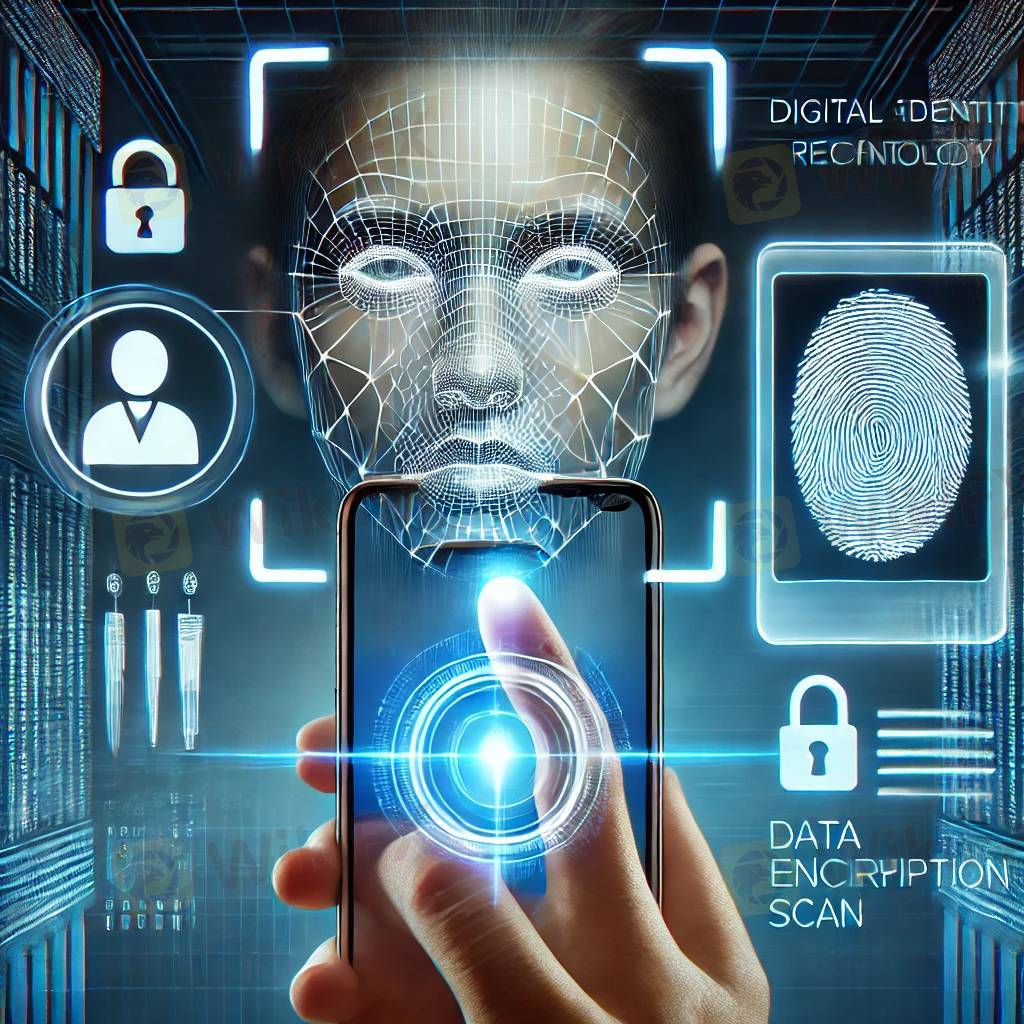
2025-02-06 08:25
업계The Importance of Identity Verification
#Firstdealofthenewyearastylz
Why Identity Verification Matters?
In today's interconnected world, identity verification plays a crucial role in ensuring security and trust across multiple sectors. Whether in finance, healthcare, or online services, verifying an individual’s identity helps prevent fraud, protect sensitive data, and ensure compliance with regulatory standards. As digital transactions and remote services continue to grow, robust identity verification methods have become more critical than ever.
Identity Verification Across Sectors
1. Finance:
Banks and financial institutions rely on identity verification to comply with Know Your Customer (KYC) and Anti-Money Laundering (AML) regulations. This prevents financial crimes such as money laundering, identity theft, and fraud.
2. Healthcare:
Hospitals and clinics use identity verification to ensure that medical records are accurately linked to the correct patient. This reduces the risk of misdiagnoses, insurance fraud, and unauthorized access to sensitive medical information.
3. E-commerce & Online Services:
Digital platforms verify user identities to prevent fraudulent transactions, fake accounts, and unauthorized access. This is especially important for online banking, cryptocurrency exchanges, and government services.
Traditional Methods of Identity Verification;
For decades, identity verification relied on physical documents and manual processes. Some common traditional methods include:
Government-issued IDs: Passports, driver’s licenses, and national ID cards are commonly used for verification.
Knowledge-based authentication (KBA): Users answer security questions based on personal information.
Face-to-face verification: Physical presence is required for authentication, often seen in banks and government offices.
Limitations of Traditional Methods;
While effective in many cases, traditional identity verification methods have several limitations:
Vulnerability to fraud: Documents can be forged, and personal information can be stolen.
Inefficiency: Manual verification is time-consuming and resource-intensive.
Inaccessibility: Some individuals may lack government-issued IDs, limiting their access to services.
Modern Solutions to Identity Verification;
To address these challenges, modern identity verification solutions leverage technology to enhance security and efficiency:
Biometric Authentication: Fingerprints, facial recognition, and iris scans provide secure and user-friendly verification.
AI and Machine Learning: Algorithms detect fraud by analyzing user behavior and document authenticity.
Blockchain-based Identity Systems: Decentralized identity verification enhances security and reduces reliance on central authorities.
Conclusion
Identity verification is a fundamental component of security in today’s digital world. While traditional methods have served their purpose, they come with challenges that modern technologies aim to overcome. By adopting advanced identity verification solutions, businesses and institutions can enhance security, improve efficiency, and build trust with their users.
---
Illustration for Identity Verification
I will generate an image illustrating identity verification. Please hold on.
좋아요 0

Harkins.
交易商
인기있는 콘텐츠
시장 분석
투자주체별매매 동향
시장 분석
유로존 경제 쇠퇴 위기 직면
시장 분석
국제 유가는 어디로
시장 분석
미국증시 레버리지(Leverage)·인버스(Inverse)형의 ETF, 최근 사상 최대 신
시장 분석
투기장 된 원유 ETL...첫 투자위험 발령
시장 분석
RBNZ 양적완화 확대
포럼 카테고리

플랫폼

전시회

IB

모집

EA

업계

시세

인덱스
The Importance of Identity Verification
 홍콩 | 2025-02-06 08:25
홍콩 | 2025-02-06 08:25#Firstdealofthenewyearastylz
Why Identity Verification Matters?
In today's interconnected world, identity verification plays a crucial role in ensuring security and trust across multiple sectors. Whether in finance, healthcare, or online services, verifying an individual’s identity helps prevent fraud, protect sensitive data, and ensure compliance with regulatory standards. As digital transactions and remote services continue to grow, robust identity verification methods have become more critical than ever.
Identity Verification Across Sectors
1. Finance:
Banks and financial institutions rely on identity verification to comply with Know Your Customer (KYC) and Anti-Money Laundering (AML) regulations. This prevents financial crimes such as money laundering, identity theft, and fraud.
2. Healthcare:
Hospitals and clinics use identity verification to ensure that medical records are accurately linked to the correct patient. This reduces the risk of misdiagnoses, insurance fraud, and unauthorized access to sensitive medical information.
3. E-commerce & Online Services:
Digital platforms verify user identities to prevent fraudulent transactions, fake accounts, and unauthorized access. This is especially important for online banking, cryptocurrency exchanges, and government services.
Traditional Methods of Identity Verification;
For decades, identity verification relied on physical documents and manual processes. Some common traditional methods include:
Government-issued IDs: Passports, driver’s licenses, and national ID cards are commonly used for verification.
Knowledge-based authentication (KBA): Users answer security questions based on personal information.
Face-to-face verification: Physical presence is required for authentication, often seen in banks and government offices.
Limitations of Traditional Methods;
While effective in many cases, traditional identity verification methods have several limitations:
Vulnerability to fraud: Documents can be forged, and personal information can be stolen.
Inefficiency: Manual verification is time-consuming and resource-intensive.
Inaccessibility: Some individuals may lack government-issued IDs, limiting their access to services.
Modern Solutions to Identity Verification;
To address these challenges, modern identity verification solutions leverage technology to enhance security and efficiency:
Biometric Authentication: Fingerprints, facial recognition, and iris scans provide secure and user-friendly verification.
AI and Machine Learning: Algorithms detect fraud by analyzing user behavior and document authenticity.
Blockchain-based Identity Systems: Decentralized identity verification enhances security and reduces reliance on central authorities.
Conclusion
Identity verification is a fundamental component of security in today’s digital world. While traditional methods have served their purpose, they come with challenges that modern technologies aim to overcome. By adopting advanced identity verification solutions, businesses and institutions can enhance security, improve efficiency, and build trust with their users.
---
Illustration for Identity Verification
I will generate an image illustrating identity verification. Please hold on.
좋아요 0
나 도 댓 글 달 래.
제출
0코멘트

댓글이 아직 없습니다. 첫 번째를 만드십시오.

제출
댓글이 아직 없습니다. 첫 번째를 만드십시오.